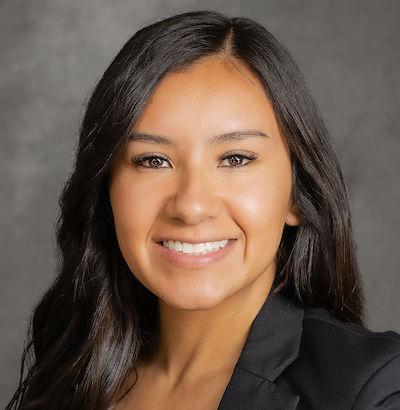
Annalisa Perea
Written by Gabriel Dillard
Fresno City Councilmember Annalisa Pere said Monday she applauds the California Office of Administrative Law for rejecting proposed changes to California’s Low Carbon Fuel Standard.
In a statement, Perea said the changes would have placed an undue financial burden on working families, seniors and small businesses.
“While I strongly support efforts to advance clean energy and environmental sustainability, we must ensure that these policies do not come at the expense of hardworking families and small businesses,” Perea said in a statement.
In November 2024, Perea and current Fresno City Council President Mike Karbassi introduced a resolution that was passed unanimously asking for a postponement in a public hearing for the California Air Resources Board proposal.
California’s Low Carbon Fuel Standard, initially adopted in 2010, calls for a 20% reduction in the carbon intensity of fuels sold in California by 2030.
If CARB’s proposal were approved, it would increase the degree that fuel producers must offset their petroleum-based fuels with low-carbon alternatives.
The proposals would change the carbon intensity reduction target for 2025 from 5% to 9%. Reductions can be achieved through the use of cleaner fuels or through carbon credits.
The amendments could have resulted in an increase of anywhere from 47 cents to 85 cents per gallon at the pump for consumers, Perea said.
Perea urged the California Public Utilities Commission and state legislators to prioritize cost-of living considerations in future energy policies.
The rules were rejected by the state Office of Administrative Law, a state agency whose mandate is to ensure “regulations are clear, necessary, legally valid, and available to the public,” reported CalMatters.
The law office informed the air board that the rule does not conform with a provision in state code that requires “clarity” in rulemaking “so that the meaning of regulations will be easily understood by those persons directly affected by them,” Calmatters reported.
The air board said it would review the order and then resubmit the rules, which would be required within 120 days. Any substantial changes, however, would require a delay, including a public comment period.








